Tiwani Gallery Debuts in Lagos with Joy Labinjo Show
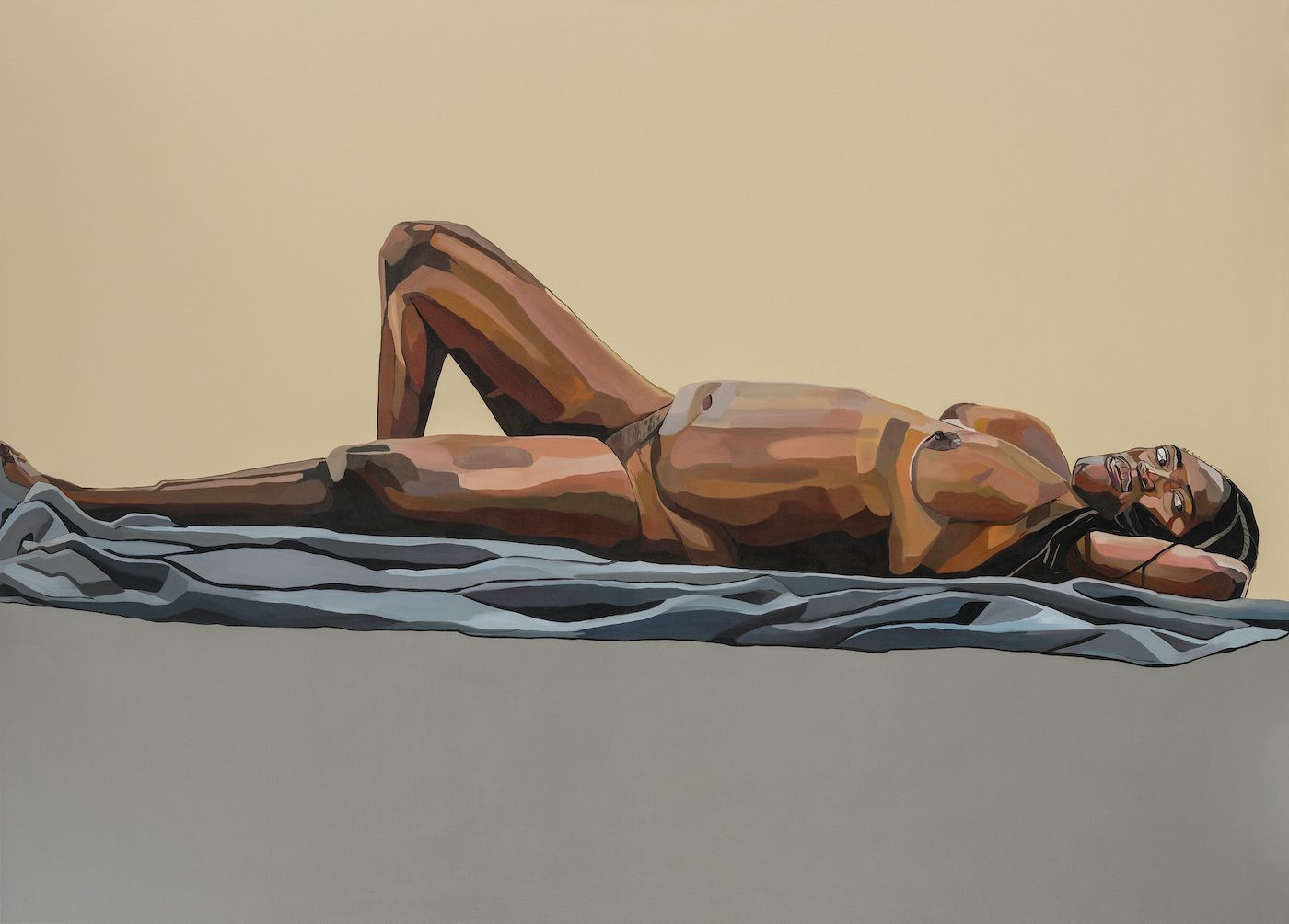
The London gallery opening is one of the several recent art highlights in the Nigerian capital including Yinka Shonibare’s newly launched foundation
“It’s a homecoming of sorts,” says British-Nigerian painter Joy Labinjo on the occasion of her first solo exhibition in Lagos, titled Full Ground. “I always viewed Nigeria as a special place and as somewhere I wanted to build my life. My dream eventually might be to spend equal parts in both countries.” It is a dream which she shares with her Greek gallerist Maria Varnava, who lived in Nigeria as a child but now also resides in England, where she founded Tiwani Gallery in 2012.
Having arrived in separate jeeps to the newly built branch of Tiwani Gallery in the suburbs of Lagos Island, both Labinjo and Varnava enter adjoining doors towered over by the residential building with which the gallery shares a sizeable compound. No ribbons are cut and certainly no trumpets are heard, but the sense of occasion is muted but unmistakable. The gallery building sticks out from its environment on account of its fresh white paint, elegant palm trees and sleek glass windows. Visitors and uniformed stewards idle around the gates and within the compound.
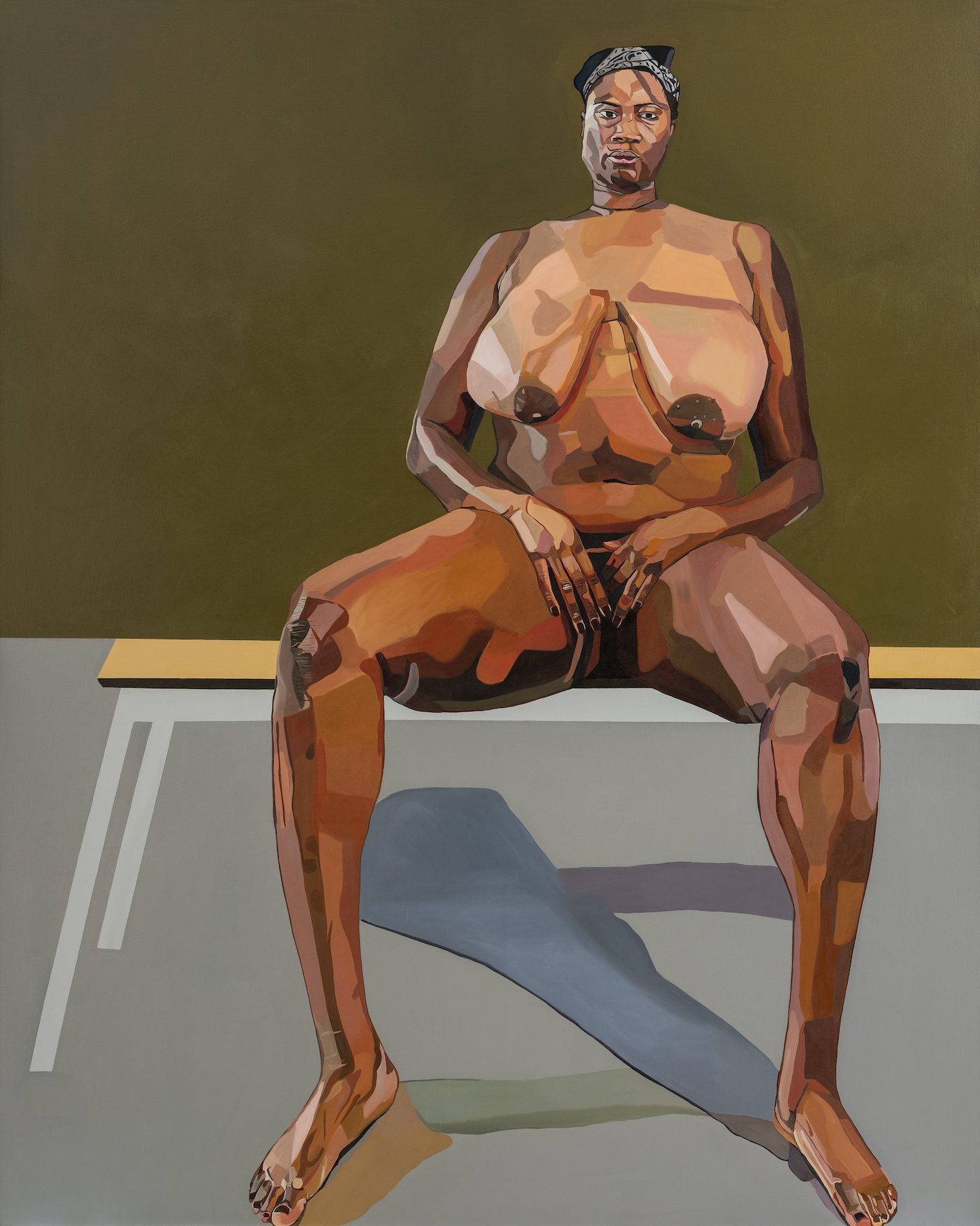
Joy Labinjo, Terra Firma, 2022. Oil on canvas250 x 200 cm, 98 3/8 x 78 3/4 in. Courtesy Tiwani Contemporary.
Full Ground is a suite of unapologetic, grand style nude self-portraits which Labinjo created specially for the gallery launch and her first solo exhibition in Nigeria. “I wanted this show to be seen here,” she says, “and for Lagos to be celebrated in its own right.” Full Ground is succeeded by Ode to Olaudah Equiano, Labinjo’s institutional show at Chapter Gallery in Wales, UK which runs from 26 March to 3 July, 2022. Full Ground was curated by Nigerian-American artist and curator Temitayo Ogunbiyi, who describes Labinjo as “extremely talented, extremely daring, and always searching for new interests within her practice.”
As a team of art practitioners, the curator, artist, and gallerists may have ushered in a new trend of foreign-based galleries and institutions helping to revitalize the contemporary art scene in the world’s most populous Black nation. The launch of Tiwani Gallery in February was followed in March by the opening ofGuest Artist Space (G.A.S.) Foundation, a research and residency initiative founded by artist Yinka Shonibare. Temitayo Ogunbiyi is a board member of G.A.S. Foundation, which operates two sites in Lagos and Ijebu, both in southern Nigeria. Other independent but parallel events contribute to this new fanfare in contemporary Nigerian art. One is the recent benefit auction hosted by Sotheby’s in London, which raised over GBP1.3 million for the renovation of theCentre for Contemporary Art (CCA) Lagos, the widely respected institution founded by Bisi Silva, who passed away in 2019. Another development is Rele Gallery’s new site, which is scheduled for a 2022 opening on Lagos Island after a seven year run at its old space on the mainland, during which the fast-rising gallery, founded by Adenrele Sonariwo, opened a branch in Los Angeles.
“I really think we’re navigating through an interesting moment at the time,” says Varnava. “There is such excitement and support around art from Africa and the Diaspora. It is also a time of great speculation.” This note of caution is understandable. Tiwani Gallery is a commercial enterprise with lofty aims for expansion well beyond its Nigerian venture. But though much of Labinjo’s exhibited works are sold out and she has a two-year waiting list, the current renewed interest in modern and contemporary art from Africa could fritter away, as is the nature of trends and tastes in art and related markets. One way of ensuring buyers’ interest and market growth, says the gallerist, is to “galvanize interest on the ground.” Patronage from a pan-African collector base ought to be cultivated, including individuals and organizations. “We need more rigorous support, and for collectors to support older but also a younger generation of artists,” Varnava adds. “That is very necessary for the longevity of this moment.”
Sabo Kpade is a culture writer from London.
Review
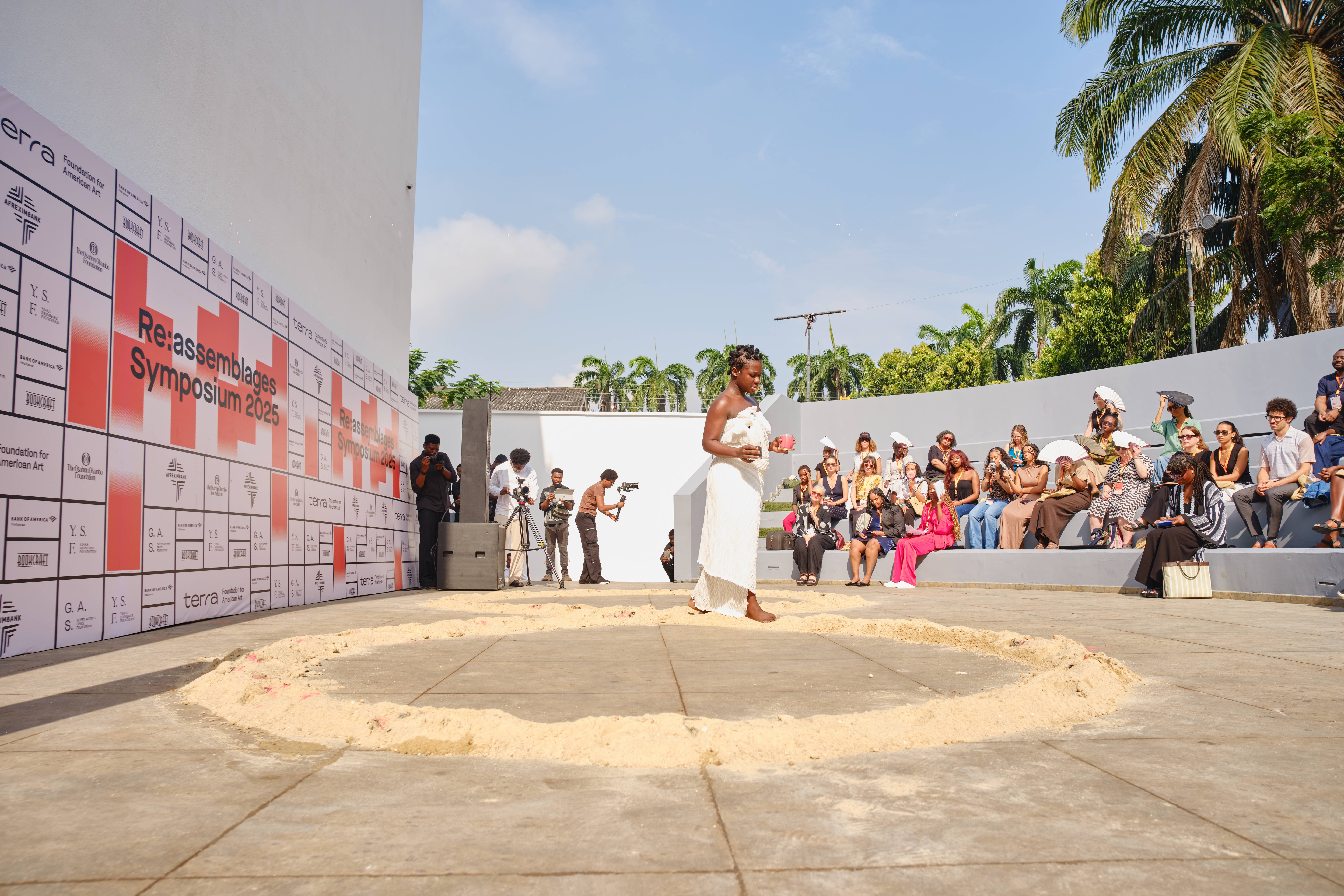
The Re:assemblages Symposium: How Might We Gather Differently?
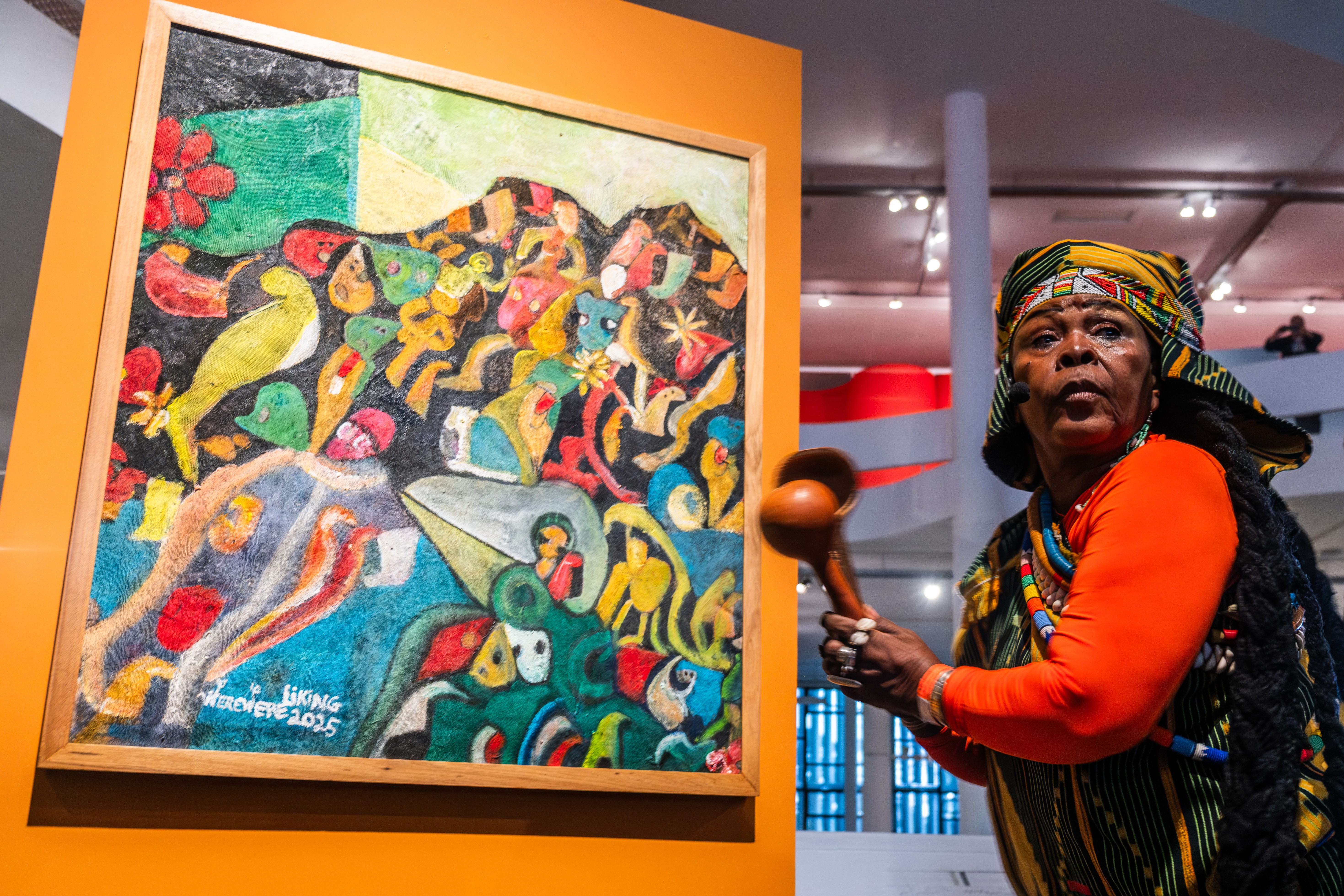
Werewere Liking: Of Spirit, Sound, and the Shape of Transmission
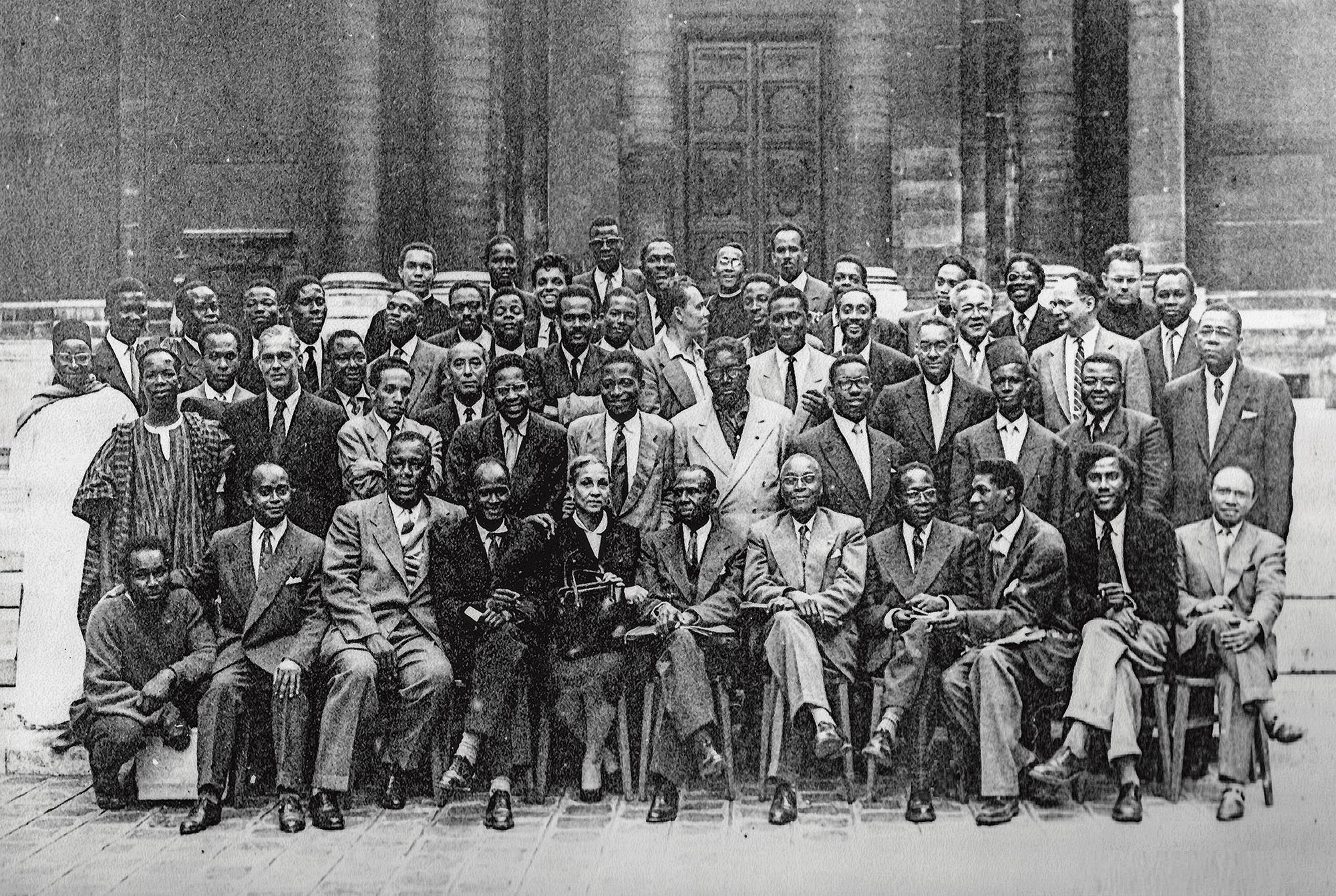
Paris Noir: Pan-African Surrealism, Abstraction and Figuration
Review

The Re:assemblages Symposium: How Might We Gather Differently?

Werewere Liking: Of Spirit, Sound, and the Shape of Transmission
